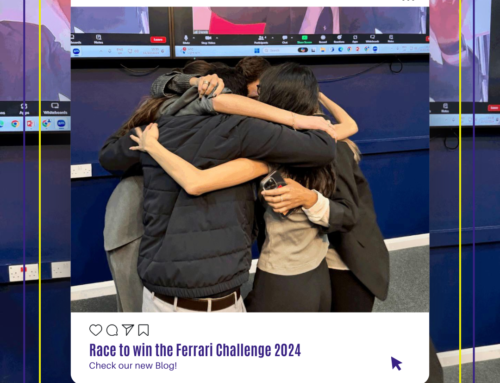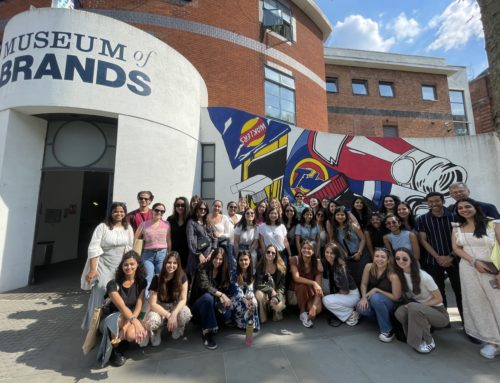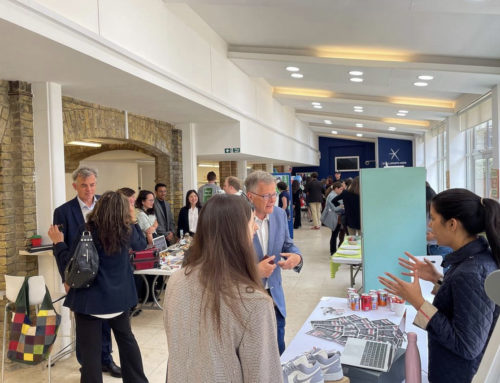Black Friday, Cyber Monday, What drags consumers to these? How creative are marketers at crafting promotions?

By Dr Ben Voyer, Associate Professor at ESCP Business School.
Every year, seasonal promotions come back, and every year, consumers wonder: should I buy or should I not?
Originally a Northern American concept, gravitating around the Thanksgiving holiday, Black Friday is now synonymous with sales even in parts of the world that do not celebrate Thanksgiving. Why? Primarily because consumers are always savvy and looking for discounts and sales. In fact, most consumers find it difficult to resist discounts. The larger the discount, the more consumers will consider a product or service, even if they do not really need the product. There is also a social influence component to explain the success of these types of sales. Buying is often related to displaying one’s power and status. Therefore, if everyone else is buying, that is displaying their power and status, one will certainly want to compete and do the same!
The wariest consumers often wonder whether stores are playing tricks on them. Are there any? Increasing the price of a product prior to a period of sales – to create the illusion of a larger discount – is actually illegal. Consumer laws are now quite prescriptive to make sure consumers are not abused by fake sales or artificially created bargains. However, this does not mean some stores do not have tricks to increase their sales. Some have been known to produce items specifically for sales periods. Stores can also make actual discounts more difficult to calculate, or create incentives for consumers to buy more – sometime beyond what consumers are initially prepared to pay. This is often achieved by using offers such as ‘3 for 2’, or by increasing discounts as consumers buy more items (e.g. 20% off for £100 spent, 30% for£150, etc). This can lead consumers to buy goods they do not always need or even want in the first place.
A final specificity of sales weeks is that many consumers now spend a significant amount of time in store and online to try and get the best possible deal on their target item. There is also a known phenomenon called ‘show rooming‘ where consumers go in store to gather information on products and receive advice, before buying it online, at a lower price. This phenomenon emerged with the beginning of price comparison websites on the Internet, in the late 1990s. Interestingly, this obsession of saving money is something that can be detrimental to consumers’ welfare. For instance, if we spend a day to compare prices for a £50 item, this can end-up being an irrational decision. In principles, a moderate obsession with price comparison is a good thing, but a complete obsession can lead people to simply spend too much time on a decision, and this costs us in two ways. First research suggests we make better decisions when we make them instantly. Second, consumers should not forget that the time they spend on searching and comparing actually ‘cost’ them at least minimum wage (that is, we could get paid minimum wage for the time we have spent searching for information)!
Useful Links





